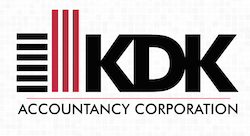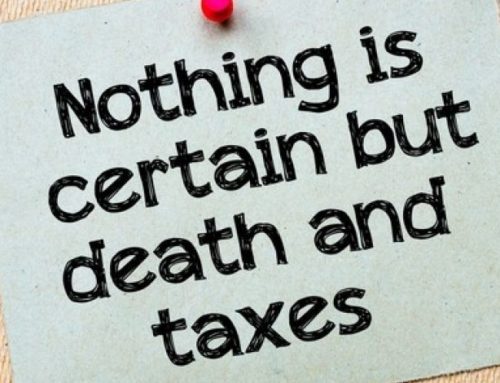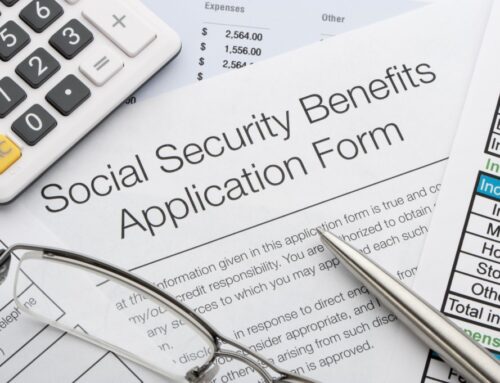As a small business owner, optimizing your tax efficiency can significantly reduce your tax bill. Unfortunately, most business owners focus more on running their businesses than on tax-saving strategies. But with the correct information, it’s possible to take advantage of popular small business tax deductions and save more. Here are six tax-saving strategies that small business owners can implement to reduce their tax bills. So, if you’re looking for ways to reduce your business tax burden, keep reading.
Pay for Health Insurance
If you’re self-employed, there’s good news for you regarding insurance premiums. You can deduct all or part of your medical, long-term, visual and dental care insurance premiums. The IRS provides unique advantages to self-employed individuals who pay for their insurance. By claiming the self-employed health insurance deduction, you can lower your taxes. Remember that the deduction is usually limited to your net profit from transactions and business under which the insurance plan is established.
Save for Retirement
If you are self-employed without employees, consider exploring opening a single-participant 401(k) plan. This plan allows you to save up to 100% of your income as an employee contribution, up to an annual limit. Not only can you benefit from the employee contribution, but you may also qualify for an employer contribution depending on your net income from self-employment. Furthermore, other retirement plans, such as the Self-Employed Person Individual Retirement Account (SEP IRA) and Traditional and Roth IRAs, can help lessen your tax burden.
Claim the Qualified Business Income Deduction
Are you a self-employed individual or a small business owner? If so, you may be eligible for the qualified business income deduction on your taxes. This deduction allows you to deduct up to 20% of your qualified business income. To qualify, your taxable income should be below certain limits, which vary based on your filing status. For instance, in 2023, single filers must have a total taxable income under $182,100, while joint filers should aim for under $364,200. Take advantage of this opportunity to lower your tax burden and keep more money in your pocket.
Using Your Car for Business Purposes
If you use your car for business purposes, there are two methods to deduct car expenses: the standard mileage rate method and the actual expenses method. In 2023, the standard mileage rate is:
- 65.5 cents per mile for business purposes.
- 22 cents per mile for medical and moving purposes.
- 14 cents per mile for charitable purposes.
Alternatively, you can choose the actual expense method, which includes accounting for gas and oil, maintenance and repairs, insurance, and more.
Depreciation Expense
Owning equipment that depreciates over time can have its perks. The IRS permits you to offset a part of your income based on how much the asset’s value decreases throughout its useful life. You have a few options to claim the depreciation deduction: the Section 179 deduction, bonus depreciation, or MACRS depreciation methods. The Section 179 deduction provides a substantial deduction in the asset’s first year of service. At the same time, bonus depreciation allows for a greater percentage of the purchase price of eligible assets to be deducted.
Tax Credits
Did you know that as a business owner, you might miss out on valuable tax credits that could significantly reduce your tax bill? Various tax credits are available, such as the research and development credit, work opportunity credit, small business health care tax credit, and energy-efficient commercial buildings deduction. Some states even offer tax credits for hiring specific employees or investing in certain industries. Make sure you do your research and see if you qualify for any of these tax credits to lower your tax liability effectively.
Are you a small business owner looking to optimize your tax efficiency and reduce your tax bill? We’ve got you covered. Implement these six tax-saving strategies to lower your tax burden and boost your profits significantly. But remember, always consult with a tax professional to ensure compliance with IRS regulations and suitability for your business.
At KDK Accountancy, we specialize in small business accounting and expertise in tax laws. Let our expert CPAs in Orlando assist you with all your tax and bookkeeping needs. Contact us today at (407) 759-5363 to book your FREE consultation.






